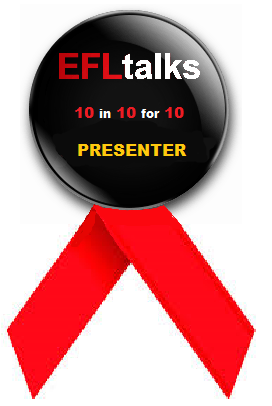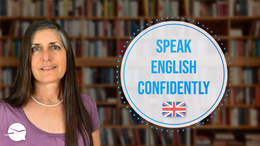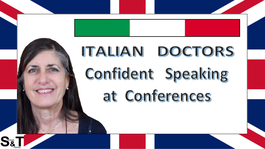|
Well, my theory is that it's best to learn to speak English, or any language if it comes to that, naturally. Therefore it's fine to learn grammar and vocabulary in the traditional way but that won't really help you speak it naturally. You have to think of languages as a puzzle. Every language has its verbs, subjects, objects, prepositions, adverbs, adjectives etc. but every language has a different combination of these. If you can think of language like Lego pieces - some languages will, for example, have the adjective before the noun and others will have it after the noun, so learning all these things individually doesn't really help you to speak naturally and correctly. So what's the best way to learn to speak naturally and as a result also write naturally? Well, the best way is to think of these puzzle pieces in bigger chunks, learn them and then put the bigger puzzle pieces together and that will help you speak more naturally. Now, of course, you need to practice this. Practicing anything is the best way: so if you want to remember that an adjective goes before the noun, as it does in English, you have to remember the structure and practice it in many, many ways: you can say, “my sister has long curly hair, my son has short curly hair, my brother has short wavy hair" and if you repeat the structure in various contexts, slowly, slowly you'll get better at it. The important thing is to repeat the longer structure, the longer puzzle piece and then put the puzzle pieces together. So the trick is to take chunks, complete chunks which you can pick up from books, audios podcasts, films, anywhere - you can notice notice them even in your traditional books, the ones that you've been studying; you can notice that there are pieces we fit together and then you have to practice them all the time in your daily life. For example, you know that TO is usually connected to movement so you can say, “I'm going TO the supermarket, I'm going TO work, I'm going TO church, I'm going TO hospital” and if you practice it enough “ going TO will become second nature. Of course you have to remember the exceptions, such as “going HOME” which doesn't have the preposition 'TO'. The best is actually if you can personalize it and make it something that is important to you and therefore you'll remember it. For example you could pick your daily routine to practise using “go TO” and start off with: "in the morning I go TO work but on the way I take the children TO school then when I return HOME I go TO the gym - so if you are putting it into a personalised context it's that much easier to remember and much more meaningful. So try it out and let me know how you get on. I hope you find this advice useful. Susan
1 Comment
|
Categories
All
Would you like regular English learning & teaching ideas? Subscribe to my blog so you don't miss a post!
AuthorMy name is Susan Brodar, born in London into a multilingual family and brought up bilingual English / Italian. Archives
December 2018
|

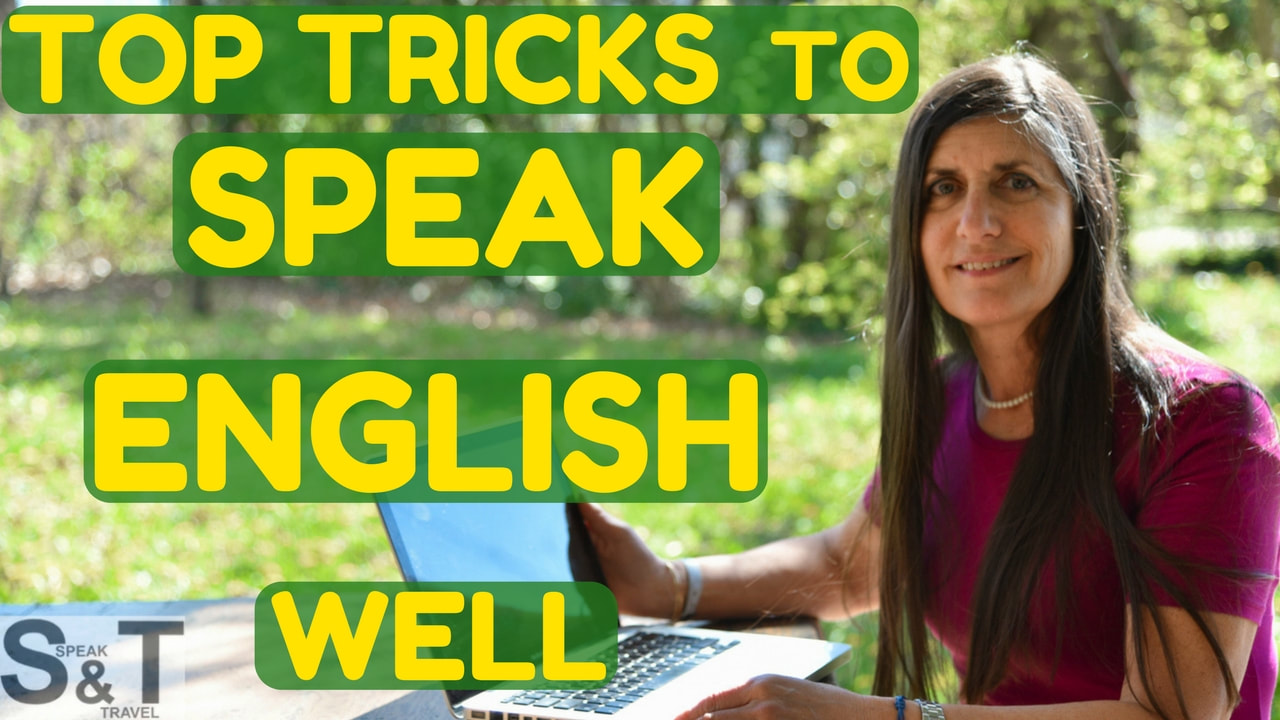

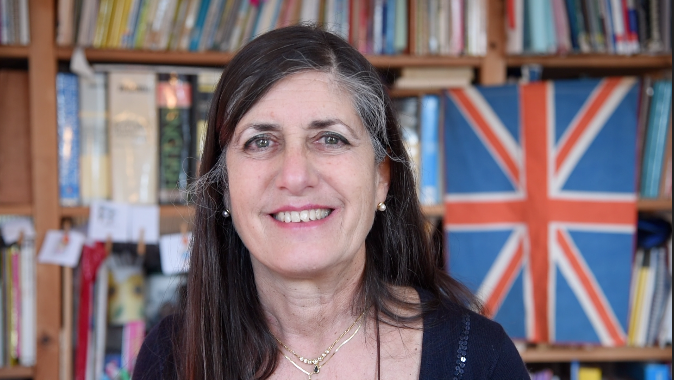

 RSS Feed
RSS Feed

